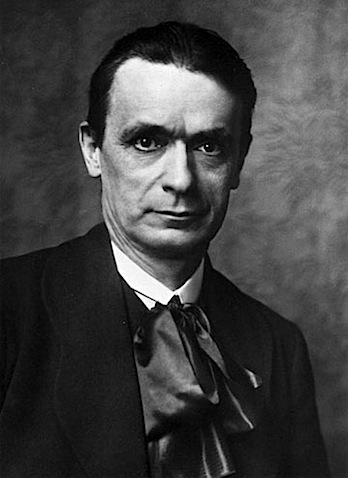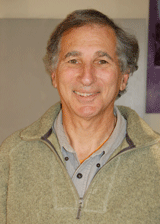The “Paranormal” Is Normal

“Psychic phenomena are normal in the sense that they are common: for example, most people have made other people turn round by staring at them, or had seemingly telepathic experience with telephone calls . . .. But because these experiences do not fit in with the materialist mind-in-brain theory, they are classified as paranormal, literally meaning ‘beyond the normal’. In this sense, ‘normal’ is defined not by what actually happens, but by the assumptions of materialists… If psi phenomena exist, which I think they do, they are normal, not paranormal; natural, not supernatural. They are part of human nature and animal nature, and they can be investigated scientifically.”
–Rupert Sheldrake (English Biologist, Researcher and Author, 1942-)

“Science Set Free: 10 Paths to New Discovery” (Rupert Sheldrake)
The Perils of Materialism

“Materialism can never offer a satisfactory explanation of the world. For every attempt at an explanation must begin with one’s forming thoughts about phenomena. Thus, materialism starts with the thought of matter or of material processes. In so doing, it already has two different kinds of facts on hand: the material world and thoughts about it. Materialism attempts to understand the latter by seeing them as a purely material process. It believes that thinking occurs in the brain in the same way as digestion occurs in the animal organism. Just as it ascribes mechanical and organic effects to matter, materialism also assigns to matter the capacity, under certain circumstances, to think. But it forgets that all it has done is to shift the problem to another location. Materialists ascribe the capacity to think to matter rather than to themselves. And this brings them back to the starting point. How does matter manage to think about its own existence? Why does it not simply go on existing, perfectly content with itself? Materialism turns aside from the specific subject, our own I, and arrives at an unspecific, hazy configuration: matter. Here the same riddle comes up again. The materialist view can only displace the problem, not solve it.”
–Rudolf Steiner (Croatian-born Austrian Mystic, Occultist, Social Philosopher, Architect and Founder of Anthroposophy, 1861-1925)
The Philosophy of Freedom, a.k.a. The Philosophy of Spiritual Activity (1921), a.k.a. Intuitive Thinking as a Spiritual Path (1995)

The Scientific Delusion

An important comment from a new book that I recommend most highly:
“The delusion that science has already answered the fundamental questions chokes off the spirit of enquiry. The materialist agenda was once liberating but is now depressing. Those who believe in it are alienated from their own experience; they are cut off from all religious traditions; and they are prone to suffer from a sense of disconnection and isolation.”
–Rupert Sheldrake (English Biologist, Researcher and Author, 1942-)
{The Scientific Delusion a.k.a. Science Set Free}

“Science Set Free: 10 Paths to New Discovery” (Rupert Sheldrake)
Exposing A Faulty Premise

“Our civilization rests on a faulty premise, that the world is physical and mechanical, energy and matter only. We do not pay for it in our bridges, we pay for it in the quality of our lives.”
–Richard Grossinger (a.k.a. Richard Towers, American Writer, Anthropologist and Publisher of North Atlantic Books, 1944-)

“Planet Medicine, Revised Edition: Origins” (Richard Grossinger)
Thoughts On Evil

“There are two equal and opposite errors into which our race can fall about the devils. One is to disbelieve in their existence, the other is to believe and to feel an unhealthy interest in them. They themselves are equally pleased by both errors, and hail a materialist or magician with the same delight.”
–C. S. Lewis (a.k.a. Clive Staples (Jack) Lewis, British Scholar and Novelist, 1898-1963)







